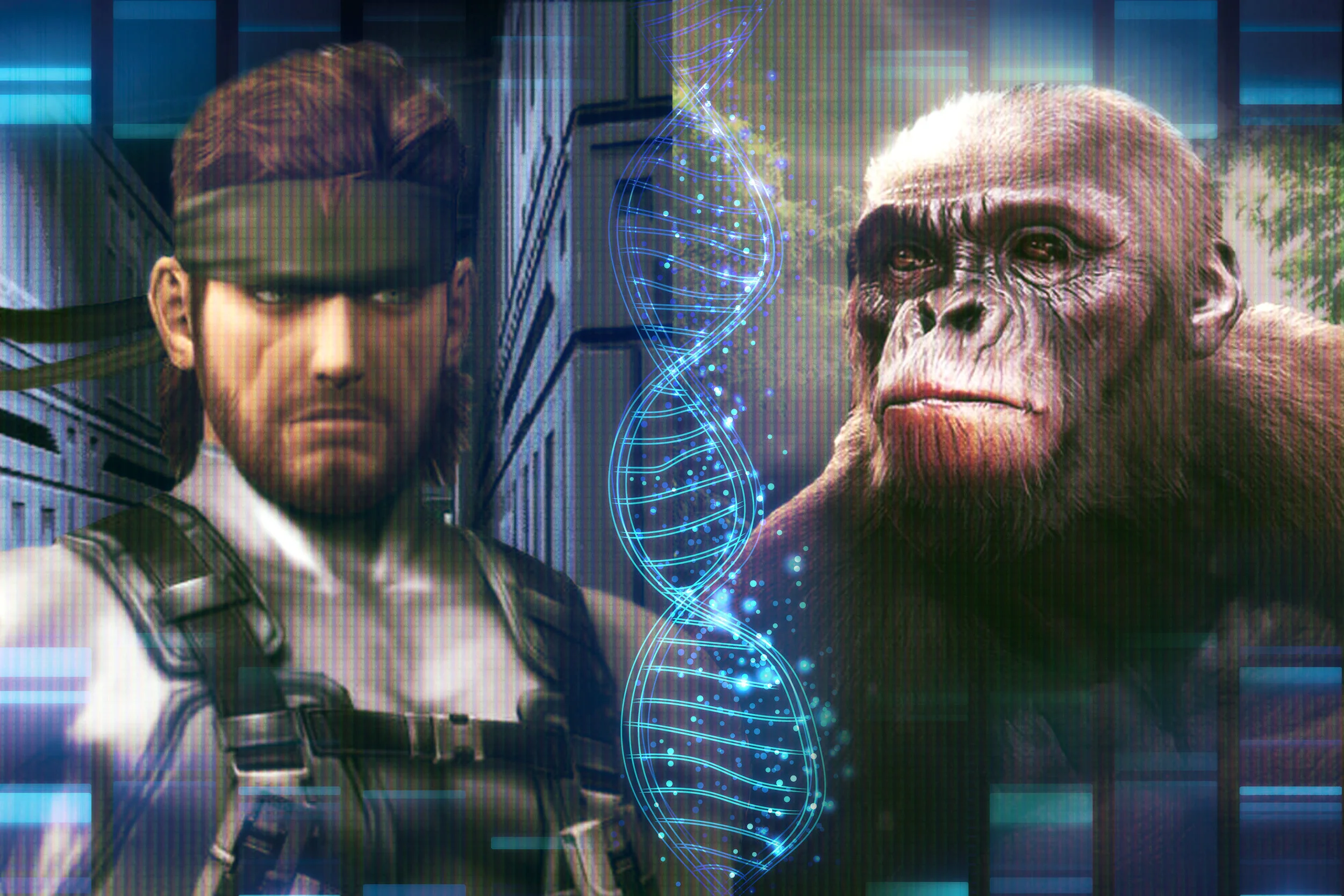Reflecting on Recent Interview and the Future of my Writing
Image borrowed from The Ringer.
In early September, just prior to embarking on my own journey writing freelance for Escapist Magazine, I was contacted by Ben Lindbergh of well-known sports site The Ringer over Twitter about giving an interview regarding Ancestors: A Humankind Odyssey and how evolution and genetics in general is represented by video games at large.
I think Ben had heard of me via my post on this blog about the lazy design aesthetic of misrepresenting genetic conditions, which had made a bit of a splash thanks to Chris Plante at Polygon sharing it widely. Or maybe it was something else. I’m not sure.
But either way, through some series of events, Ben ended up following me on Twitter and noticed that I had started posting that I would be playing Ancestors: A Humankind Odyssey and giving my professional opinion of how it represented genetics on Twitter and in a couple of livestreams on Twitch (and, much later, in an article on Escapist). He came up with the idea of writing an article about Ancestors and real evolutionary science and contacted me directly. Via direct message, I told him that I had thought a lot about it, and that I had also been thinking about genetics in games for quite some time, as evidenced by my list of games that use genetics as a mechanic or plot device at Giant Bomb.
Ben and I ended up chatting over Skype for almost an hour. Even to me, it was an eye-opening experience. Although I had spent a few hours preparing my thoughts, I ended up rambling on at length about various topics, trying (and failing) to come up with examples on the spot to explain complicated genetic concepts. I was very impressed by Ben’s questions and his ability to engage with me despite my carrying on—the man is clearly very good at his job!
After the interview, I couldn’t help but think about how I was going to come across in the eventual article. I have been interviewed for a few articles on other topics in the past and assumed Ben might include a sentence or two from me. What I did not expect was for the article to almost be like a portrait of me and my career (and frankly, a relatively flattering one at that).
See for yourself. The piece is exceptional. Ben followed up on questions of how games utilize (or, most likely, do not utilize) scientific resources during their development. The examples he used in the piece such as Metal Gear Solid and Ancestors largely derive from our conversation. So while my comments elsewhere and our conversation certainly gave some inception of where to derive examples for his thesis, he fleshed it out so well and made a compelling argument that games try to use science and succeed or fail variably—often because they do not consult with scientific experts on the subject matter.
One major thing I wanted to emphasize in my conversation with Ben, and which I think he represented well in his piece, is that scientific accuracy does not have to be a hindrance to game enjoyment. In fact, I would expand on that and say that my major goal with my writing as a freelancer lately has been to demonstrate real examples of games utilizing scientific accuracy to improve them—to make them more fun, more engaging, and more immersive. Hence, my recent piece on the monster designs in Monster Hunter World: Iceborne for Escapist. Moreover, games an be an excellent way to teach people about science, and I aim to have my writing act as companion pieces to games so readers can realize—oh! I understand that complicated biological subject now thanks to playing Pokémon or Monster Hunter or Ancestors: A Humankind Odyssey!
I have more of these types of pieces in the hopper, at least a couple of which will be published on Escapist, while others I may just post as blog posts here on Plenty of Hominids. There is a grand design here—a goal I am building toward where I can help educate people about the science using games. Thanks for joining me on it.



